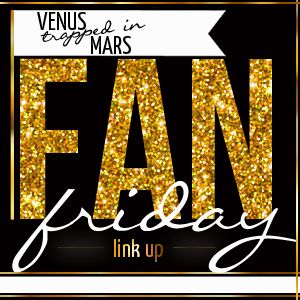This book had more references and metaphors than anything I've ever read in my life. Yes, Will eventually connected most of them to Wrigley, but it took a few pages. There were an entire two pages comparing Wrigley Field to Miss Havisham as well as a half-page excerpt from Great Expectations. Nick Carraway from The Great Gatsby made an appearance with another excerpt and some commentary as well as many definitions from The Oxford English Dictionary.
I feel like the best example of this book-A.D.D. is Will's first sentence after inserting a lengthy poem about three turn-of-the-century Chicago Cubs. "The poem was written by a reporter with a presidential name, Franklin Pierce Adams, whose editor needed something to fill space."
A. This is a history book, not a novel, why do I care that he has a presidential name?
B. Who is the one really trying to fill space here?
I chose this book to learn more about the Cubs and baseball. In my parents' home, we actually have seats from Wrigley, taken from the field when they replaced the seating in the 1980s. We've also had two cats named after Cubbies greats: Ernie (Banks) and Fergie (Jenkins).
 |
| Ernie sitting in our Wrigley Field seats /// Fergie and his brother Stan Musial (yes, real Fergie even signed it) |
The reason I mention these things is to note that I know a bit about baseball and the Cubs. While reading Will's book, I just honestly don't know for what audience it was written. He goes so in depth with much of the history, but then he spends a whole page telling me who Ernie Banks is and how he is in the National Baseball Hall of Fame. In my opinion, if you know nothing about Wrigley or the Cubs and need to learn everything there is to know in one book, then this one is for you. However, for new baseball fans looking for an introduction to Cubbies' history, I think this book would be too much too fast. Lastly, for fairly-educated fans like me, I felt that a lot of space was taken up with information most fans would already know.
So, yes, I learned a lot from this book, but I also found myself rolling my eyes on multiple occasions, trying to figure out how Will was possibly going to connect Wrigley's history to Shakespeare's Henry IV or Thomas Jefferson making his own beer at Monticello. Will is incredibly knowledgeable about Wrigley Field, and okay, I do understand the Great Expectations reference. Now a few days removed from finishing the book, I would read it again to pick up some of the details I missed, but knowing that it isn't 100% baseball would be a good warning for any future reader.





















%2B(1).jpg)









































